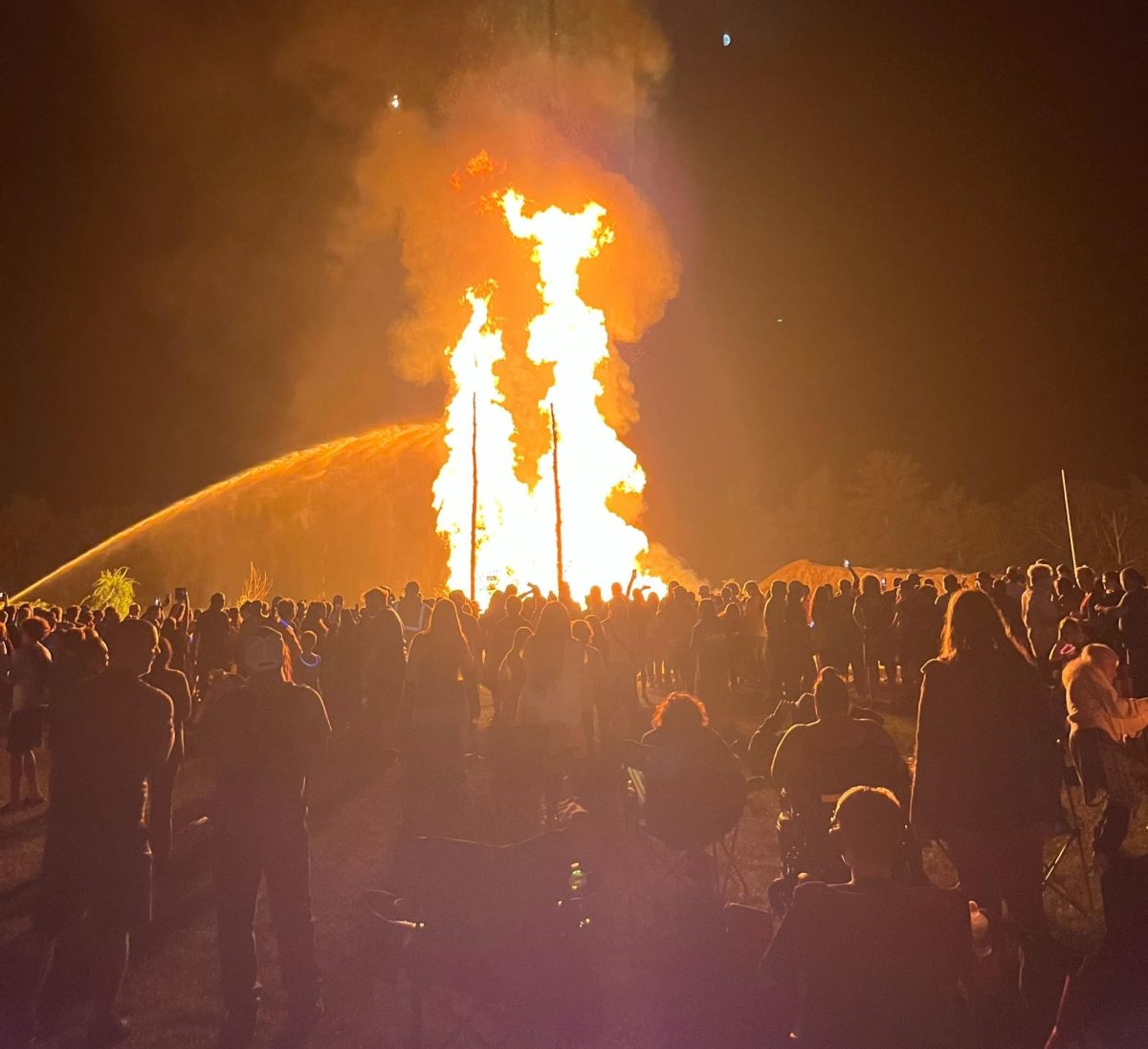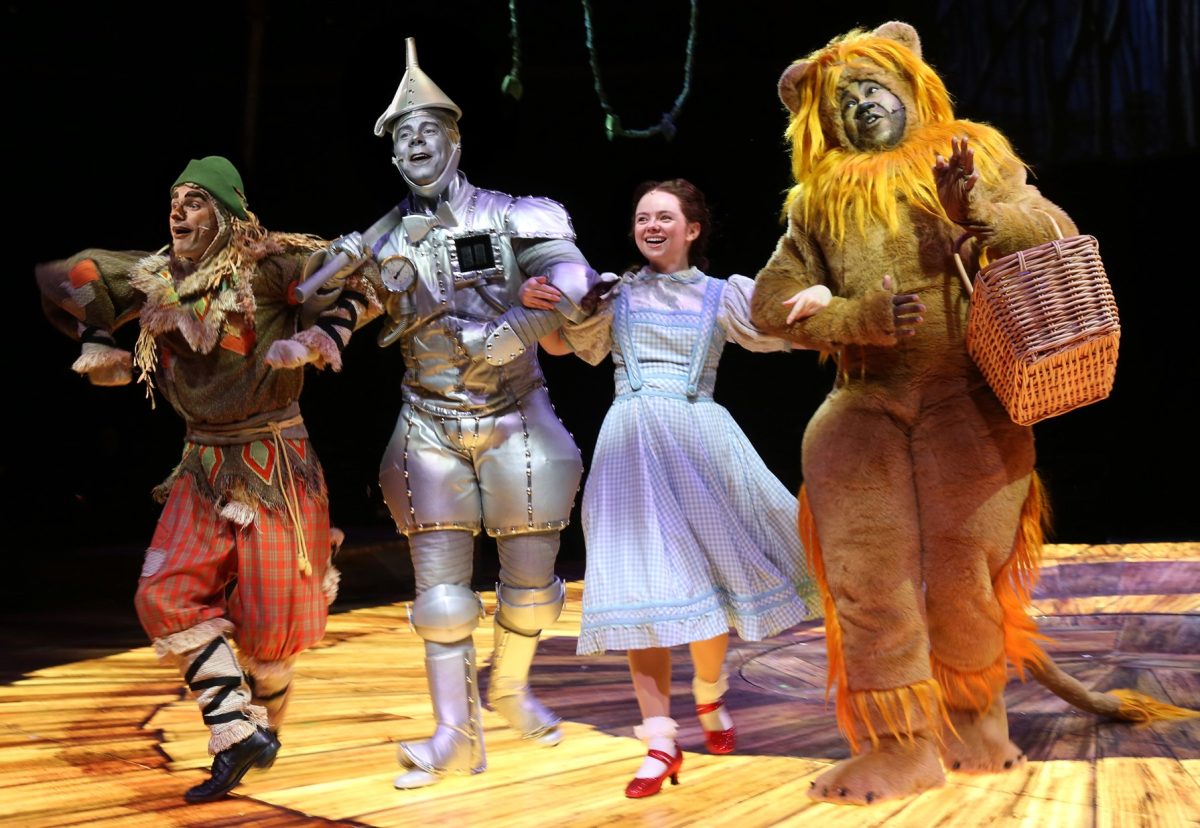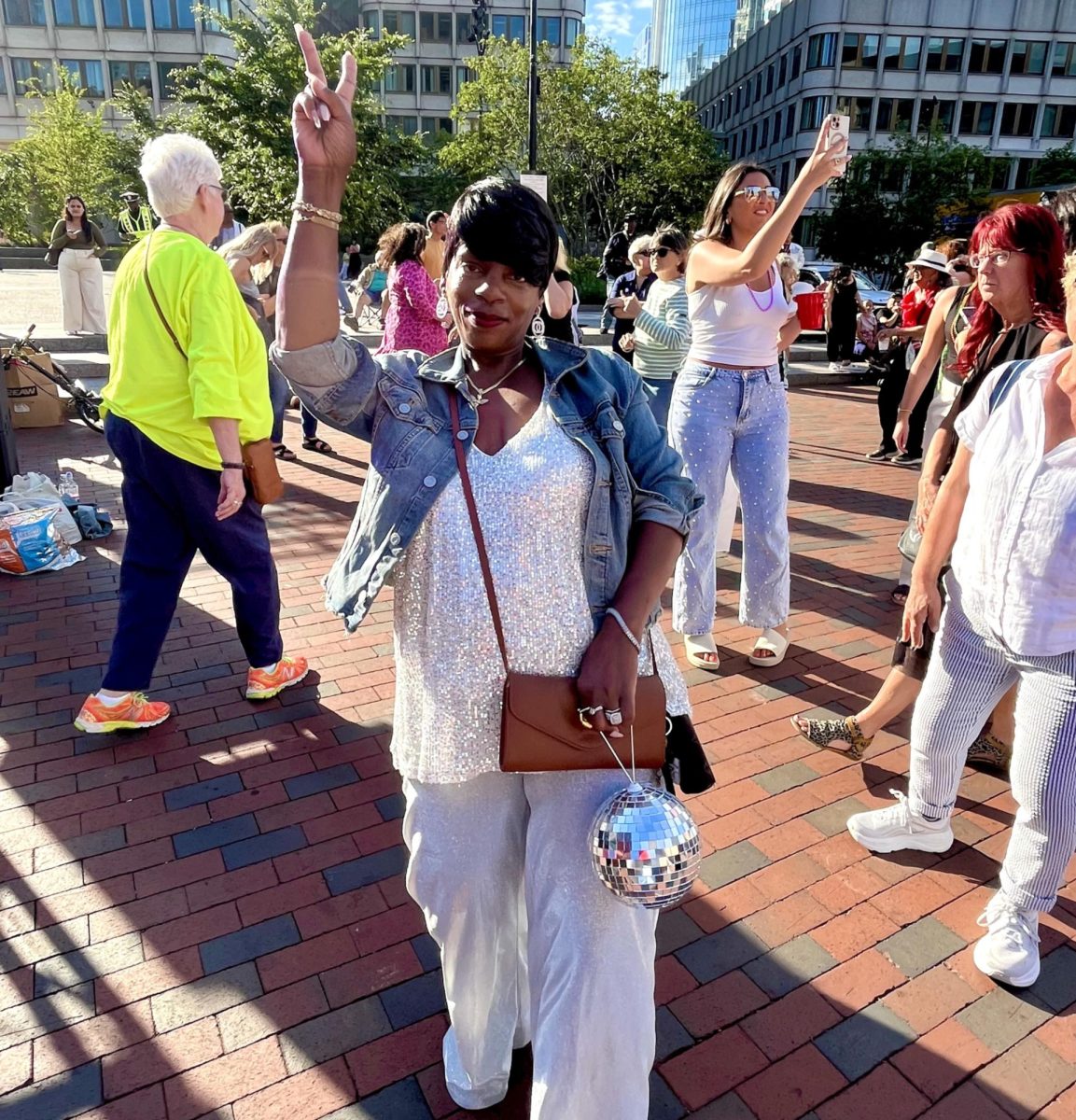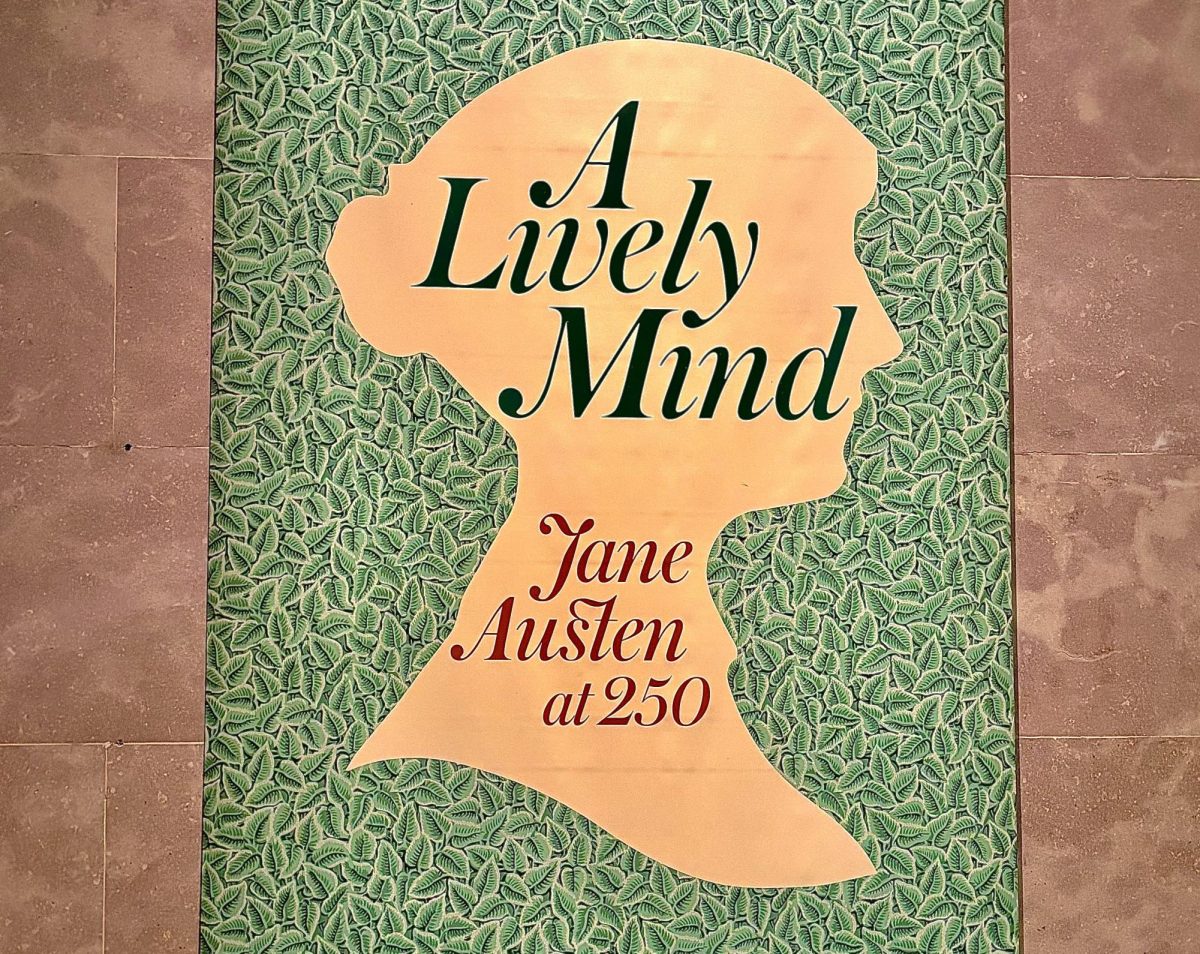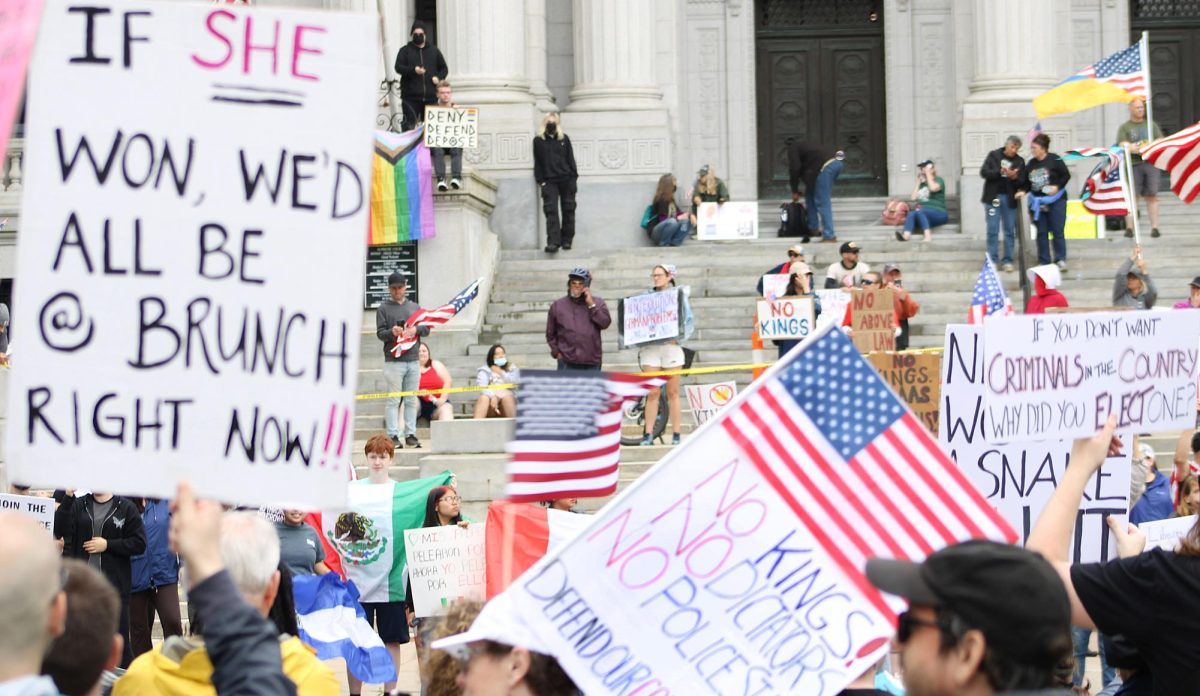A look to the future: The overturning of Roe v. Wade with constitutional law professor Ronald Chen
August 1, 2022
“Very uncertain,” said professor Ronald Chen, a Rutgers Law School professor when asked the first thing that comes to mind when thinking of constitutional law after the Supreme Court overturned Roe v. Wade.
“It is a huge question,” he said, “Not only for reproductive rights, but for individual rights, generally, because of the way the Dobbs decision overruled Roe.”
Through their ruling in Dobbs v. Jackson Women’s Health Organization, the Supreme Court overruled an controversial yet landmark precedent that made abortion a constitutionally protected right. Roe v. Wade and Planned Parenthood v. Casey set these precedents. The decision was 6-3 to uphold the Mississippi abortion law and 5-4 finding that, in the eyes of the current Supreme Court, there is no constitutional right to abortion.
“[Dobbs] didn’t just overrule the specific holding but basically undermined the way in which fundamental rights have been identified and defined,” Chen said.
In his concurring opinion to the Supreme Court’s ruling on Dobbs, Justice Clarence Thomas called for the “[reconsideration of] all of this Court’s substantive due process precedents, including Griswold [contraception], Lawrence [sexual conduct with a member of the same sex], and Obergefell [same-sex marriage].”
“However many [people] disagree with [Thomas] or find this result very unfortunate, Justice Thomas was probably being honest and accurate as to the effect of the Dobbs decision. He found that the only way that you can find a fundamental right is if it is something for which there is clear evidence of it being part of the history and traditions at the time,” Chen said.

(Anjali Darji )
Chen went on to explain how Justice Alito’s opinion stated that the case is only about abortion. Similar to Justice Alito, Justice Kavanaugh also included that efforts will be unable to stop women from seeking abortions elsewhere.
Roe v. Wade and the cases Justice Thomas named in his concurring opinion were all initially ruled within the last 60 years. Thus, presenting the case that rights with no history stretching past the mid-19th century are insecure. Except, it is more specific than that.
“There are some rights which the majority recognize are textually contained: the right to free speech, the right against unreasonable search and seizure, the right to guns under the Second Amendment,” Chen said. “The Dobbs reasoning would affect rights that are not explicitly laid out: the Constitution does not explicitly say there is a right to an abortion, or there is a right to same-sex marriage, or that anti-sodomy laws are unconstitutional.”
There are many ways to characterize this Court, and therefore, the future of constitutional law. Interpreting the Court’s actions is up to the individual. It is up to the individual to characterize the actions of the Court, but the actions will be the same no matter the difference in different characterizations.
“We probably haven’t seen something like this since the 1920s and 1930s when we had a very conservative court that was striking down FDR’s New Deal legislation,” Chen said. “They were striking down left and right based on its notion of substantive due process; it was very activist, but in a conservative way.”
–July 31, 2022–






